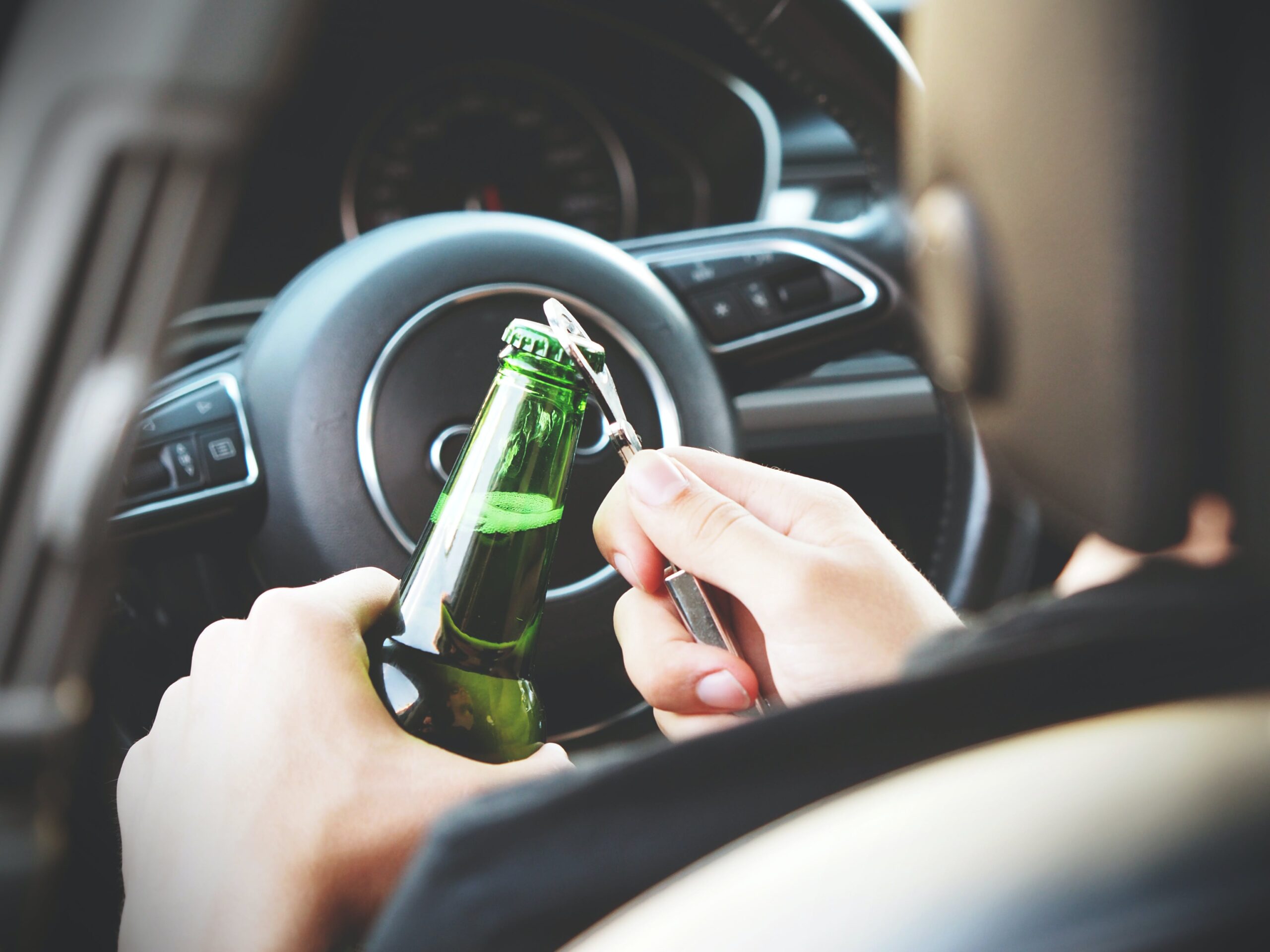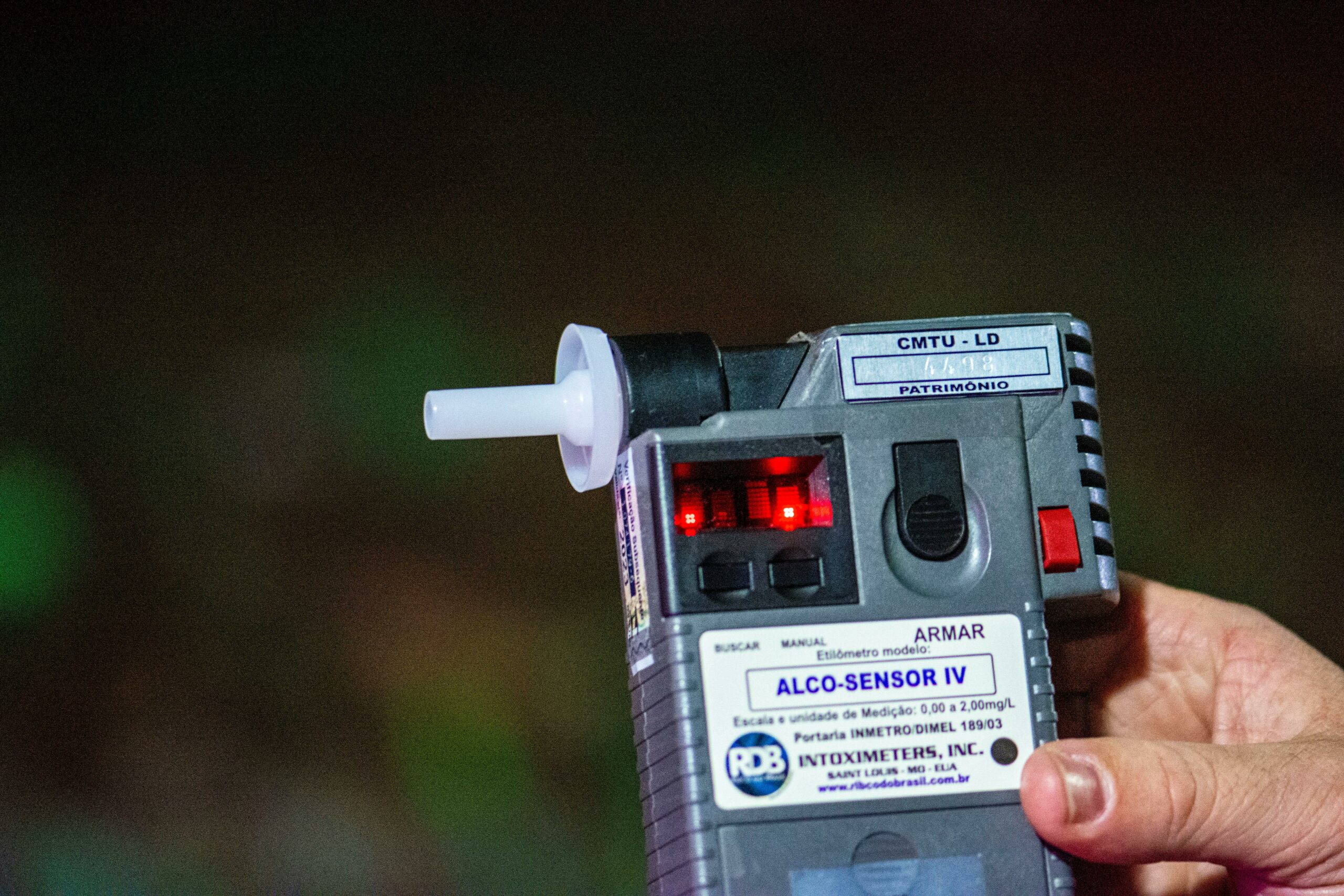Impaired Operation is an offence under s. 320.14(1)(a) of the Criminal Code. A person can be found to be “impaired” by alcohol, drugs, or a combination of both. There is no specific legal test to determine “impairment”. A person’s ability to drive will be considered impaired if their judgment is altered or physical abilities are diminished to any degree (i.e. from slightly impaired or “just a buzz” to greatly impaired) by alcohol, drugs, or both.
The implications of an impaired driving conviction are serious and can have a significant impact on a person’s life. These include but are not limited to: a mandatory fine and victim fine surcharge; a 1-year mandatory driving prohibition; a driver’s license suspension; the installation of an Ignition Interlock device and the costs associated with this device; a remedial driving course; changes to including the increase in premiums or cancellation of your automobile insurance; jail and potential impact on your immigration status such as being declared inadmissible in Canada if you are not a Canadian Citizen.
Impaired Operation by Alcohol is completely different and separate from the offence of Over 80 under s. 320.14(1)(b) of the Criminal Code, though people are often charged with both offences at the same time. The offence of “Over 80” requires proof that a person had a blood alcohol concentration of 80 mgs of alcohol in 100 ml of blood, which is typically determined by police using a breathalyzer.
Unlike an “Over 80” offence, Impaired Operation by alcohol can be established by the police without the use of a breathalyzer. The police and prosecutor can establish impairment based on a constellation of available factors. For instance, items found in a vehicle, the observations of a person including their physical condition, manner of speech, manner of driving, ability to walk and the odour of alcohol on the breath to name a few. During a trial, the judge will consider all of the witnesses’ observations (including police and civilian witnesses) to determine whether they accept that the accused person’s ability to operate a motor vehicle was impaired by alcohol. It’s important to note that exhibiting typical signs of impairment does not always mean a person is impaired, as certain medical conditions may produce outward symptoms like alcohol impairment.

The implications of an impaired driving conviction are serious and can have a significant impact on a person’s life. These include but are not limited to: a mandatory fine and victim fine surcharge; a 1-year mandatory driving prohibition; a driver’s license suspension; the installation of an Ignition Interlock device and the costs associated with this device; a remedial driving course; changes to including the increase in premiums or cancellation of your automobile insurance; jail and potential impact on your immigration status such as being declared inadmissible in Canada if you are not a Canadian Citizen.
Sometimes, an arresting officer may require the individual to undergo a series of physical tests to determine whether they are impaired by a drug. These tests are completed by evaluating officers trained to look for and identify drug impairment. If these physical tests lead the officer to believe the person is indeed impaired by a drug, the police officer may demand a urine or blood sample from the individual. Typically, these bodily samples will be tested by the Centre of Forensic Sciences to determine the presence of drugs in the person’s system. However, forensic analyses of bodily samples do not always accurately reflect what was in the person’s system at the time they were driving. For instance, the presence of a drug in a person’s urine is often only indicative of prior exposure or consumption of the drug, and is not indicative of what was actually in your body at the time of arrest or driving.
The implications of an impaired driving conviction are serious and can have a significant impact on a person’s life. These include but are not limited to: a mandatory fine and victim fine surcharge; a 1-year mandatory driving prohibition; a driver’s license suspension; the installation of an Ignition Interlock device and the costs associated with this device; a remedial driving course; changes to including the increase in premiums or cancellation of your automobile insurance; jail and a potential impact on your immigration status such as being declared inadmissible in Canada if you are not a Canadian Citizen.
“Over 80” is an offence under s. 320.14(1)(b) of the Criminal Code. To prove this offence, the Criminal Prosecutor must demonstrate that within the two hours after a person stops operating a vehicle, their blood alcohol concentration is equal to or exceeds 80 mg of alcohol in 100 ml of blood. The relevant timeframe the court considers is the two hours immediately after the person drove their vehicle, not during the time of driving. It’s important to note that the court considers the two-hour window immediately after the person drove their vehicle, not during the time of driving. While this approach may appear counterintuitive, it aligns with breathalyzer procedures, which typically take place after the person has finished driving. The rationale behind this is that if an individual’s blood alcohol concentration exceeded the legal limit right after driving, it’s reasonable to infer that their level was also above the legal limit at the time of driving.
The implications of an “Over 80” driving conviction are serious and can have a significant impact on a person’s life. These include but are not limited to: a mandatory fine and victim fine surcharge; a 1-year mandatory driving prohibition; a driver’s license suspension; the installation of an Ignition Interlock device and the costs associated with this device; a remedial driving course; changes to including the increase in premiums or cancellation of your automobile insurance; jail and a potential impact on your immigration status such as being declared inadmissible in Canada if you are not a Canadian Citizen.
Impaired Operation causing Bodily Harm or Death
Impaired Operation causing Bodily Harm or Death is an offence in which a person operates a vehicle while impaired by alcohol, drug, or both and as a result, causes bodily harm or death to another person. The Crown must prove a causal connection between the impairment of the ability to operate a motor vehicle and the bodily harm or death. Merely proving that the individual was impaired is not enough. For example, if an impaired driver is involved in a fatal collision, however the collision was caused by some other third party, the impaired driver may not be liable for the death.

“Over 80” causing Bodily Harm or Death
Over 80 causing Bodily Harm or Death is an offence in which a person operates a vehicle while their blood alcohol concentration was equal to or over 80 mgs of alcohol in 100 ml of blood, and as a result, causes bodily harm or death to another person. The Crown must prove a causal connection between excess blood alcohol content and the bodily harm or death. Merely proving that the individual had an excess blood alcohol content may not be enough. For example, if an intoxicated driver is involved in a fatal collision, however the collision was caused by some other third party, the driver is not liable for the death.
Consequences of Being Found Guilty of Impaired/Over 80 Causing Bodily Harm or Death
The implications of an impaired driving causing death or bodily harm conviction are serious and can have a significant impact on a person’s life. Often, a conviction will mean significant jail for the person convicted. The implications of a conviction include but are not limited to: a mandatory fine and victim fine surcharge; a lengthy driving prohibition; a driver’s license suspension; the installation of an Ignition Interlock device and the costs associated with this device; a remedial driving course; changes to including the increase in premiums or cancellation of your automobile insurance and a potential impact on your immigration status such as being declared inadmissible in Canada if you are not a Canadian Citizen.
There can be defences available for an “Over 80” offence. For instance, because the court focuses on the two-hour window after the person ceased operating their vehicle, it is possible that the individual consumed alcohol after driving but before undergoing a breathalyzer. In this scenario, the person can escape criminal liability if they can also establish:
There can be defences available for an “Over 80” offence. For instance, because the court focuses on the two-hour window after the person ceased operating their vehicle, it is possible that the individual consumed alcohol after driving but before undergoing a breathalyzer. In this scenario, the person can escape criminal liability if they can also establish:
- that after ceasing to operate the vehicle, they had no reasonable expectation that they would be required to provide a sample of breath or blood; and
- that their alcohol consumption is consistent with both (i) their blood alcohol concentration determined by the police using a breathalyzer and with their having had, at the time when they were operating the conveyance, a blood alcohol concentration that was less than 80 mg of alcohol in 100 mL of blood. In order to rely on this defence, expert evidence from a qualified toxicologist would be required.
Typically, however, a strong and vigorous defence to these offences centres around your Constitutional rights a.k.a. your Charter Rights. This is because, there is an expectation that police officers will not violate a person’s Charter Rights during a drinking and driving investigation. If an officer does violate these rights, the court may exclude the breathalyzer evidence from the trial. When this happens, the person cannot be found guilty of driving while over the legal limit.
There are various types of potential Charter breaches which are routinely raised and successfully argued at a drinking and driving trial. Some examples include:
There are various types of potential Charter breaches which are routinely raised and successfully argued at a drinking and driving trial. Some examples include:
- Detaining a person without proper grounds during the investigation.
- Delaying the investigation by keeping the person detained at the roadside while waiting for another officer to bring the breathalyzer.
- Assaulting the person during the investigation.
- Failing to inform the person of their right to a lawyer immediately upon arrest.
- Delaying the person’s access to legal counsel for an extended period.
- Restricting the person’s ability to choose their preferred lawyer.
- Failing to provide access to a lawyer who can communicate effectively in a language the person understands, especially if English is not their first language.
- Detaining the person for an extended period after the investigation is complete.
If any of these Charter Rights breaches occur, it may have implications for the admissibility of the breathalyzer evidence and the outcome of the case. It is important to consult with legal experts who specialize in drinking and driving offences to assess the situation and explore potential defences based on Charter Rights violations.
At Godinho Zager Kraska LLP, our Criminal Lawyers possess extensive experience in handling and defending drinking and driving offences. If you or someone you know has been charged with a drinking and driving offence, we strongly urge you to contact us without delay. We offer a free consultation to discuss your situation and explore the available legal options.
There are many defences available for Impaired Operation offences. For instance, the individual may not have been impaired at all but was suffering from a medical condition. Alternatively, bodily samples collected from an individual may reveal drugs in their system that were impairing them long before they were driving their vehicle i.e. the drugs were no longer causing impairment at the time you were stopped by police. In most cases however, a strong and vigorous defence to these offences centres around your Constitutional rights a.k.a. your Charter Rights. That is because there is an expectation that police officers will not violate a person’s Charter Rights during a drinking and driving investigation. If an officer does violate these rights, the court may exclude crucial evidence from the trial, without which the Crown cannot prove its case.
If you are charged with Impaired Operation, it is essential that you consult legal experts specializing in drinking and driving offences to assess the situation and explore potential defences based on Charter Rights violations.
At Godinho Zager Kraska LLP, our Criminal Lawyers possess extensive experience in handling and defending drinking and driving offences. If you or someone you know has been charged with a drinking and driving offence, we strongly urge you to contact us without delay. We offer a free consultation to discuss your situation and explore the available legal options.
Refusing or Failing to Provide a Sample is an offence under section 320.15 of the Criminal Code. Bodily samples are routinely demanded by police officers during Impaired Driving or Driving while Over 80 investigations. The officer may demand a sample of the person’s breath, urine, or blood. To establish guilt, the Crown must prove that (1) the police officer made a lawful demand; (2) the accused knew the demand was made; and (3) there was a failure or refusal by the accused to provide a sample.
Once the Crown proves all the elements of the offence, an accused person can still avoid being found guilty if they can establish a reasonable excuse for why they refused or failed to provide a sample. What will be considered a reasonable excuse by the judge is a highly fact specific determination.

The implications of a Refusing or Failing to Provide a Sample conviction are serious and can have a significant impact on a person’s life. Being found guilty of this offence has the same legal implications as being found guilty of Impaired Driving or Driving while Over 80. These include but are not limited to: a mandatory fine and victim fine surcharge; a 1-year mandatory driving prohibition; a driver’s license suspension; the installation of an Ignition Interlock device and the costs associated with this device; a remedial driving course; changes to including the increase in premiums or cancellation of your automobile insurance; jail and potential impact on your immigration status such as being declared inadmissible in Canada if you are not a Canadian Citizen.

Let us help you!
Contact us now for a free consultation.
